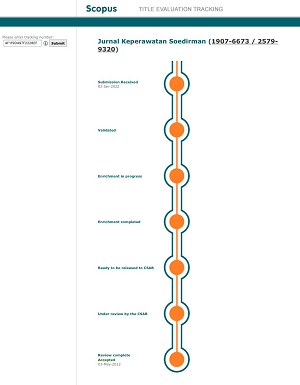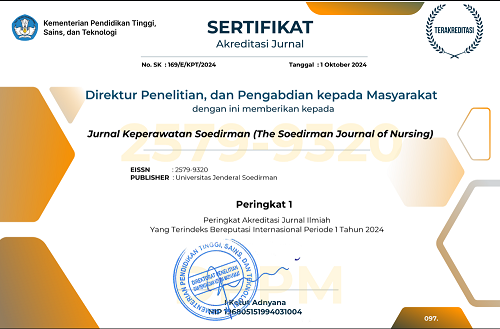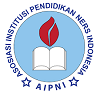Factors Related to Quality of Life among People Living with HIV in Indonesia: A Cross-Sectional Study
Abstract
People living with HIV (PLWH) have a complex problem with their disease including stigma and psychological problems. This research focused on measuring level of self-esteem, perceived human immunodeficiency virus (HIV) stigma, social support, and quality of live (QOL) among PLWH in Surabaya, Indonesia. Comparing part of social support which were by family and by friends would be explained. Our study used a cross-sectional correlation design. Variable self-esteem was measured using State Self-Esteem Scale by Heatherton and perceived HIV stigma by The Berger Scale, the social support was the multidimensional scale of social support by Zimet and WHOQOL-HIV instrument was by WHO. Univariate analyses and multiple regression analyses examine between predictors. The existence of moderate level of perceived HIV stigma was observed (mean: 95.67). There were significantly positive relationships between self-esteem and QOL (p < .01; r = .642); social support and QOL (p < .01; r = .592). In contrast, perceived HIV stigma showed a negative correlation with QOL (p < .05; r = -.222). In self-esteem (p < .01), social support by family (p < .01), and that by friends (p < .01) were shown to be significant predictors of higher QOL level. Self-esteem and support by family and friends were considered possible promoting factor of QOL of PLWH.







.png)




_3.png)

 Kampus keperawatan unsoed
Kampus keperawatan unsoed  Published By Jurusan Keperawatan FIKES UNSOED
Published By Jurusan Keperawatan FIKES UNSOED jks@unsoed.ac.id
jks@unsoed.ac.id

